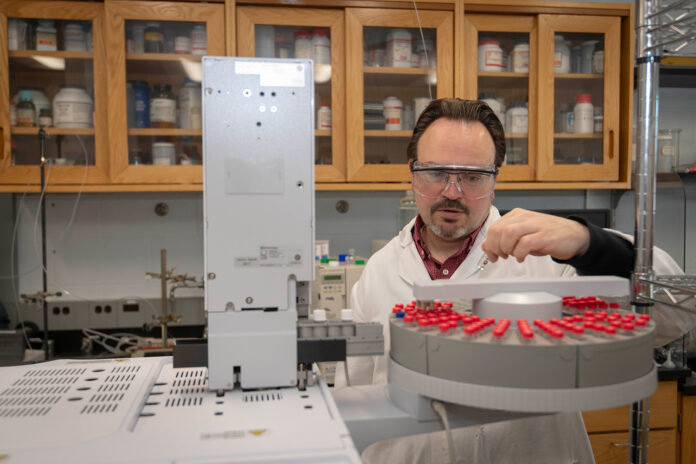Crude oil prices have skyrocketed due to low supply after the sanctions on Russian oil and gas. As a result, people are paying more for food in grocery stores and restaurants.
Gasoline and food price rises are likely to persist as geopolitical tensions continue to put pressure on the food supply.
While people are finding it hard to manage their household budget due to rising prices, researchers around the world are trying to find affordable fuel alternatives.
Now in a breakthrough effort, an interdisciplinary team of researchers at Worcester Polytechnic Institute (WPI) has used food waste to make a renewable and more affordable fuel replacement for oil-based diesel.
Chemical Engineering Professor Michael Timko said, “By creating a biodiesel through this method, we’ve shown that we can bring the price of gas down to $1.10 per gallon, and potentially even lower,”
Environmental Protection Agency (EPA) estimates that in 2018, about 81% – 20.3 tons – of households’ wasted food ended up in landfills or combustion facilities in the United States.
Timko said, “Converting food waste to diesel also has the potential to offset up to 15.3 million tons of CO2 every year, lowering greenhouse gas emissions in the United States by 2.6%.”
To make the fuel from food waste, the researchers used a technique called hydrothermal liquefaction. This technique breaks down the food waste into a liquid using heat and water.
Utilizing food waste to extract fuel does not require an expensive and time-consuming process to grow and cultivate algae. The team also used an inexpensive catalyst to get as much as 30% more energy out of the food waste.
Researchers Create Low-cost Alternative Bio-diesel with Food Waste
By: | September 11th, 2022

WPI Chemical Engineering Professor Mike Timko at work in his lab. Credit: WPI
More articles from Industry Tap...






